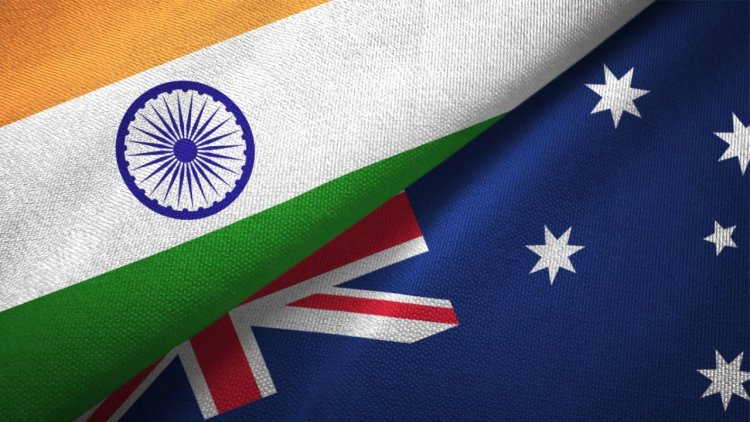After India-Aus FTA, Indian pharma industry sees global opportunities

After the Comprehensive Economic Cooperation Agreement (CECA) signed between India and Australia for increasing bilateral merchandise trade, the domestic pharmaceutical industry is seeing a plethora of opportunities for international trade.
The Indian Pharmaceutical Alliance has said that the development will further cement the already deep, close and strategic relations between the two countries. This agreement contains scope for enhancement in bilateral trade through improved access. One of the major positive steps forward provided by the Agreement is that the Therapeutic Goods Administration (TGA) of Australia will utilise reports from a comparable regulator as recognised by it in relation to the pre-market evaluation of products.
“The TGA may utilise Good Manufacturing Practice (GMP) inspection reports from regulatory authorities recognised by it as a comparable regulator in relation to the quality assessment of manufacturing facilities in India,” said Sudarshan Jain, Secretary General, Indian Pharmaceutical Alliance, which is an alliance of 24 leading Indian pharmaceutical companies.
“This opens the pathways for fast-track approvals for Indian pharmaceutical products and manufacturing facilities having approvals from at least one of the Regulatory Authorities/ reference countries,” he said, adding that it is an important milestone as Indian companies approved by Comparable Overseas Regulators (COR) will have expeditious approvals, and thereby, rapid market access in the Australian pharmaceutical market.
IPA is of the opinion that the industry needs to build capacities across business functions to help India achieve its vision of growing its pharmaceutical industry to $130 billion by 2030. Consolidating extant export markets and exploring newer markets thereby expanding global footprint will be important. More and more pharmaceutical companies need to venture into specialty and innovation-areas such as biosimilars, complex generics, novel biologics, customized medicines, preventive medication and in addressing unmet patient needs to expand our market.
“India's capability has enhacned markets are opened much faster for us in last few years after the covid-19 pandemic showed that India can deliver. Pharmaceuticals segment has been given centre-stage in various pacts, recent is FTA between India and Australia,” said Sanjiv Navangul, MD and CEO, Bharat Serums and Vaccines, a biopharma company.
The IPA has also said that the government has a key role in facilitating funding access to enable India to elevate research and development (R&D) to the level of advanced countries.
“Firstly, the regulatory bottlenecks to funding must be dealt with; and a focused strategy is important. Also, the risks associated with investing in R&D are high and many organizations do not have the capacity to garner funds on their own,” said Jain.
“An ecosystem view is necessary for funding as well, because after the early-stage, pharma companies, investors, and the equity market need to support late-stage funding. The Government can also provide direct support through tax deduction, subsidies and research grants similar to what is being initiated in other countries. Research-Linked Incentive Schemes can also be beneficial to drive increased investment in innovation,” he added.

 Prashant Chauhan
Prashant Chauhan 















